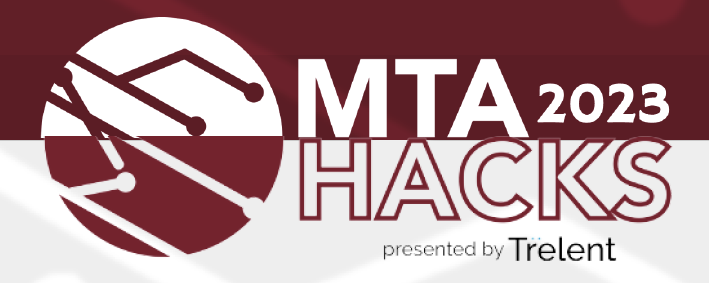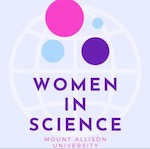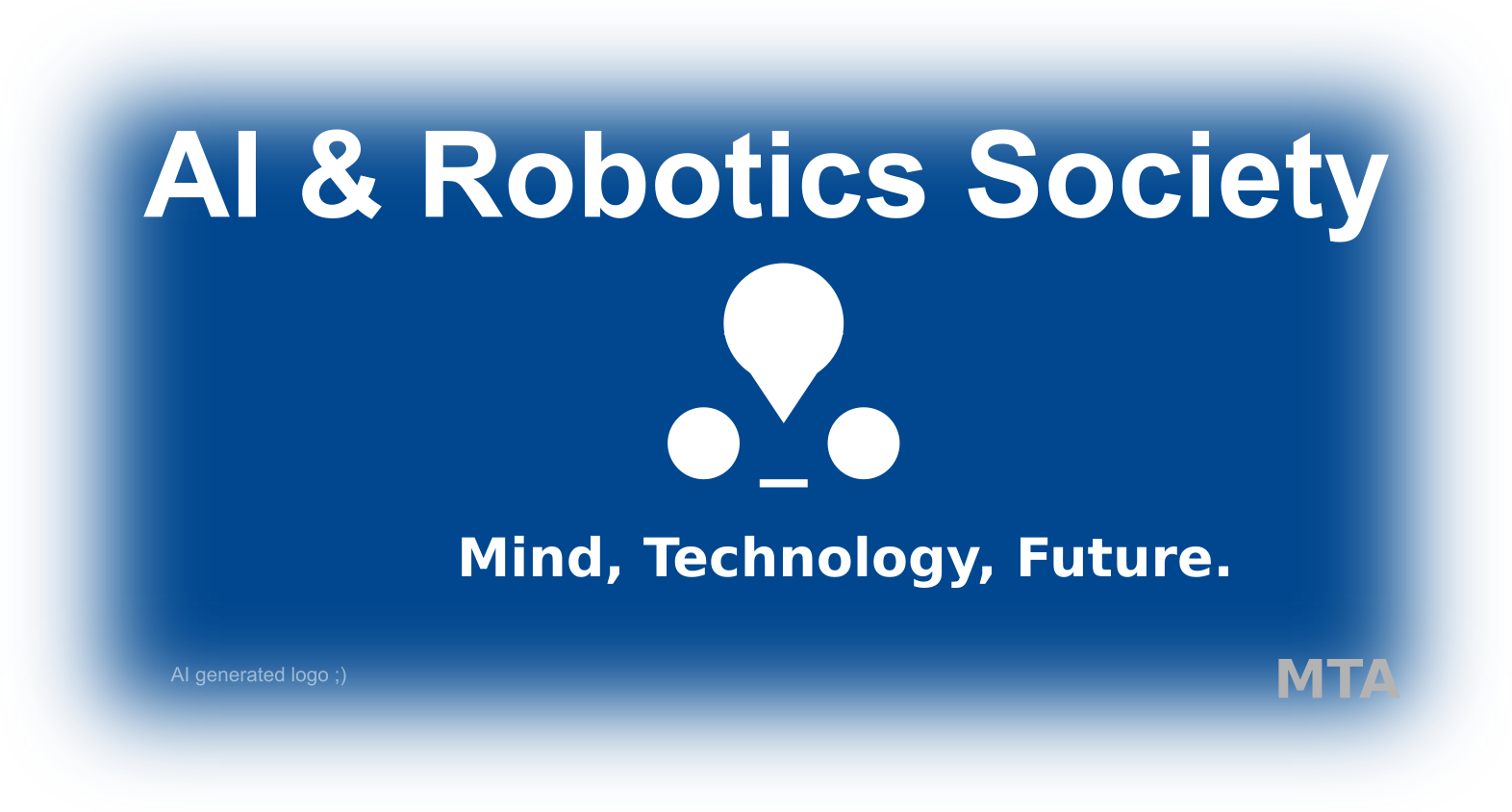Undergraduate research
Applications are Open for Summer 2023. Applications will be accepted until January 13th, 2023
Applications for Summer 2024 are now open and will close January 12th, 2024.
Information on opportunities listed below.
Dr. Meghan Allen
Dr. Matt Betti
Dr. Michael Cormier
Deep learning models are powerful, and have become a key part of computer vision in the lab and in practice. Unfortunately, many of these models require vast quantities of data and extremely powerful computers to train from scratch. A variety of approaches have been taken to this; one of the most commonly-seen is adapting a pre-trained model to a new problem by tuning it to a new (and often much smaller) dataset, but this is not entirely satisfactory, especially if we there are no models available that solve closely related problems.
I am currently working on methods for combining deep learning models with statistical reasoning and “classical” machine learning methods to build smaller models that can be trained with less data, but retain the ability of deep learning models to construct powerful features for a specific problem. I am especially interested in applying these models to processing complex documents like web pages; my work has important applications to web accessibility, among other areas.
I am willing to supervise an ISRG student this summer, and I'll be happy to work with you on an application. Ideally, students will have background in Python programming, statistics, or artificial intelligence, but you don't need experience in all of them!
Dr. Geoffrey Cruttwell
My research uses category theory, which allows one to transfer ideas and results between different areas of mathematics. My recent research has shown in particular how we can transfer some of the ideas of differential geometry (the study of smooth surfaces) to
algebraic geometry (the study of the common zeroes of some set of polynomials). The research project (either summer research, or honours, or possibly both) would involve learning some of the details of this theory, then applying it to understand what connections and differential forms look like in various algebraic geometry examples.
Required background is strong performance (A- or better) in at least one of Math 3111 (Real Analysis), Math 3221 (Advanced linear algebra), Math 3211 (Modern Algebra I), or Math 4221 (Modern Algebra II), and preferably more than one of these courses.
Dr. Mark Hamilton
The "space of all subspaces" of a given vector space is a well-studied object in algebraic geometry. For example, the space of lines through the origin in R^2 is called "real projective space," and can be identified with a circle; less obviously, the space of complex 1-dimensional subspaces in C^2, called "complex projective space," can be identified with a sphere. In this project we look at the "space of all subspaces" of C^2n that satisfy some extra properties. We have a good description of this space for C^2; with previous students we obtained some understanding of the case for C^4, but there are a number of interesting questions that remain to be worked out. The project requires linear algebra and some facility working with complex numbers, for example Advanced Linear Algebra or Complex Variables.
Dr. Nathaniel Johnston
Quantum entanglement refers to the ability for small particles to interact with each other in very strange and unintuitive ways that can't be explained by classical physics. My research focuses on exploring the mathematical properties of quantum entanglement, typically using tools from linear algebra and matrix analysis.
I have projects in mind for both mathematics students and computer science students. A computer science student would work with me to expand a MATLAB toolbox that I have developed for working with quantum entanglement. The project would include things like implementing algorithms in MATLAB code and documenting already-existing MATLAB code. A mathematics student would work with me to help us determine to what extent a quantum state's (i.e., symmetric matrix's) eigenvalues determine how useful it is for computational tasks.
Students should have a strong understanding of linear algebra (at least MATH 2221, though MATH 3221 would be an asset). No physics background is required.
Dr. Peter Lelievre
Dr. Laurie Ricker
My research addresses fundamental problems in the supervisory control of discrete-event systems (DES). Discrete-event systems are an essential class of dynamic systems featuring discrete state spaces and event-driven dynamics. Supervisory control of DES is a small but significant field that aims to solve logical issues of liveness and safety.
My recent work focuses on using control to enforce security and privacy in distributed DES. Ensuring the safety and confidentiality of data flow is a paramount concern in many large distributed systems. It is crucial to verify that specific confidentiality properties hold and to detect when information is accessible to a user without the appropriate permissions. Several projects in this domain are available this summer.
Becoming a tutor
The Department of Mathematics and Computer Science helps students looking for math or computer science tutors connect with students interested in tutoring.
If you are interested in becoming a tutor, please contact the Department at math@mta.ca to express your interest and indicate your availability.
Becoming a teaching assistant
Mathematics and Math/Comp Sci Help Center positions
Submit your application by completing the Math TA Application Form.
Fall 2024 positions APPLY HERE.
E-mail math@mta.ca for more information.
Computer science positions
Submit your application by completing the Comp Sci TA Application Form.
Fall 2024 positions APPLY HERE.
For information you can email comp-ta@mta.ca
There will be a workshop for all new TAs during the first week of classes.
Please note that you must have a valid Social Insurance Number to work as a TA.
If you have any questions about the TA positions, please e-mail the appropriate address above.
Teaching assistant certificate
To be awarded in their graduating year to undergraduate students who have successfully completed the following requirements:
- Be a TA responsible for labs (excludes marking only) in at least two different math or computer science courses, for a full semester each.
- Attend a TA orientation session offered by the Department or a comparable workshop.
- Enhance the teaching of a course in some concrete way with consultation and under the supervision of the course instructor. For example, the TA could:
- present a short segment of supplementary material in a lab session
- prepare a short hand-out (or web posting) featuring problems of a type observed to cause difficulties in the lab
- contribute to the creation of lab material
- offer a pre-test or pre-exam review session
- otherwise demonstrate good judgement, mature teaching ability, and involvement in curriculum enhancement.
- Course instructors (faculty) or lab supervisors (staff member) must also sign off with comments upon successful completion of this requirement. TAs hoping to fulfill this requirement in a particular semester and those closest to their graduation date will be given priority.
- Complete and submit a TA Certificate application form by the last day of classes of the student's graduating year. Once you have applied online, the department will verify each component with supervising faculty or staff.
Procedure
- Obtain an application form from the Math/CS office, the first year you work as a TA. (For current TAs, do this as soon as possible.)
- Complete and return the updated form to the office each year before March 15.
- Certificates are awarded each year at the annual Departmental banquet.
- A record is kept on file of those awarded certificates; with the student's permission, this information may be used in letters of reference written on the student's behalf.
Departmental Awards & Scholarships
The Department of Mathematics and Computer Science offers a variety of departmental awards and scholarships.
Current students will automatically be considered for departmental scholarships and awards if they meet the criteria. These scholarships and awards do not require an application and are generally given out during the fall term.
Every bit of information we have on your extracurricular activities can help us make the most informed decision, however.
Please tell us what type(s) of extracurricular activities (i.e. music, athletics, student government, clubs, off and on-campus activities and volunteer work, summer research, conferences etc….) you participate in.
Departmental awards supplemental information form.
Clubs and societies
Math and Computer Science Society
Executive 2023/2024
- Co-president: Eli Vandenberg
- Co-president: Robin Weiland
- Vice President, Finance and Administration: Jasmine Schaus
- Vice President, External: Kenzie MacIntyre
- Vice President, Internal: Tanner Altenkirk
- Underclassman Representative: Ibrahim Khan
MTA HACKS

Mount A Responsible AI Club

Mount A Women in Science

|
MtA Women in Science |
AI & Robotics Society

Contact: airs@mta.ca


